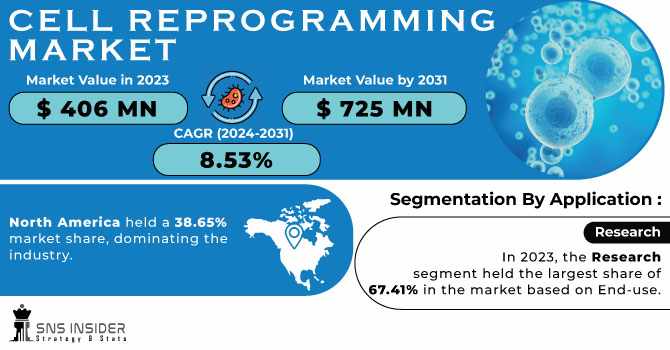
The Precision Oncology Market was valued at USD 78.56 billion in 2023 and is projected to reach USD 176.45 billion by 2031, growing at a compound annual growth rate (CAGR) of 10.7% over the forecast period. This growth reflects a paradigm shift in the healthcare industry, emphasizing personalized medicine and targeted treatments to improve cancer outcomes.
Market Overview
Precision oncology focuses on the customization of cancer treatment based on the individual genetic profile of patients and specific tumor characteristics. Unlike traditional treatments, which apply a one-size-fits-all approach, precision oncology enables physicians to select therapies that are most likely to benefit specific patient groups, thereby minimizing side effects and improving efficacy.
Get Free Sample Report @ https://www.snsinsider.com/sample-request/4121
Regional Analysis
North America currently dominates the global precision oncology market due to well-established healthcare infrastructure, rapid adoption of advanced technologies, and strong government and private sector investments in cancer research. The United States, in particular, has seen a surge in precision medicine initiatives, further fueling market growth.
Europe is another key region, benefiting from increasing awareness, growing collaborations between pharmaceutical companies and research institutions, and favorable regulatory frameworks. Meanwhile, the Asia-Pacific region is expected to witness the fastest growth during the forecast period, driven by rising cancer prevalence, expanding healthcare access, and the growing presence of biotechnology firms in countries like China, India, and Japan.
Market Segmentation
By Type:
Diagnostics
Therapeutics
By Indication:
Breast Cancer
Lung Cancer
Colorectal Cancer
Prostate Cancer
Others
By End User:
Hospitals & Clinics
Research Institutes
Others
KEY PLAYERS:
The key market players are Thermo Fisher Scientific Inc., Invitae Corporation, Qiagen N.V., Illumina, Inc., Laboratory Corporation of America Holding, Exact Sciences Corporation, Rain Oncology Inc., Strata Oncology, Inc., Xilis, Inc., Variantyx, Inc., Bioserve, Relay Therapeutics, Acrivon Therapeutics, and other players.
Key Market Highlights
Increasing demand for personalized treatment options is driving innovation in genomics and molecular diagnostics.
Technological advancements such as next-generation sequencing (NGS) are enhancing cancer detection and treatment precision.
Strategic partnerships between biotechnology companies and academic institutions are accelerating drug development pipelines.
Rising global cancer burden and supportive government initiatives are fostering market expansion.
The therapeutics segment holds a significant share of the market, owing to the rising adoption of targeted drugs and immunotherapies.
Future Scope
The future of the precision oncology market looks promising, with ongoing advancements in artificial intelligence, big data, and bioinformatics expected to enhance predictive diagnostics and treatment planning. Integration of multi-omics approaches, such as genomics, proteomics, and metabolomics, will likely pave the way for even more refined and effective cancer therapies. Additionally, greater emphasis on early detection, liquid biopsies, and patient-centric care models will transform the landscape of oncology in the years to come.
Conclusion
The global precision oncology market is set to grow at a robust pace, driven by innovation, increasing cancer prevalence, and a shift toward more effective, personalized treatments. As technologies evolve and healthcare ecosystems become more integrated, precision oncology will play a central role in redefining cancer care and improving patient outcomes worldwide.
Contact Us:
Jagney Dave - Vice President of Client Engagement
Phone: +1-315 636 4242 (US) | +44- 20 3290 5010 (UK)
Other Related Reports:




















Write a comment ...